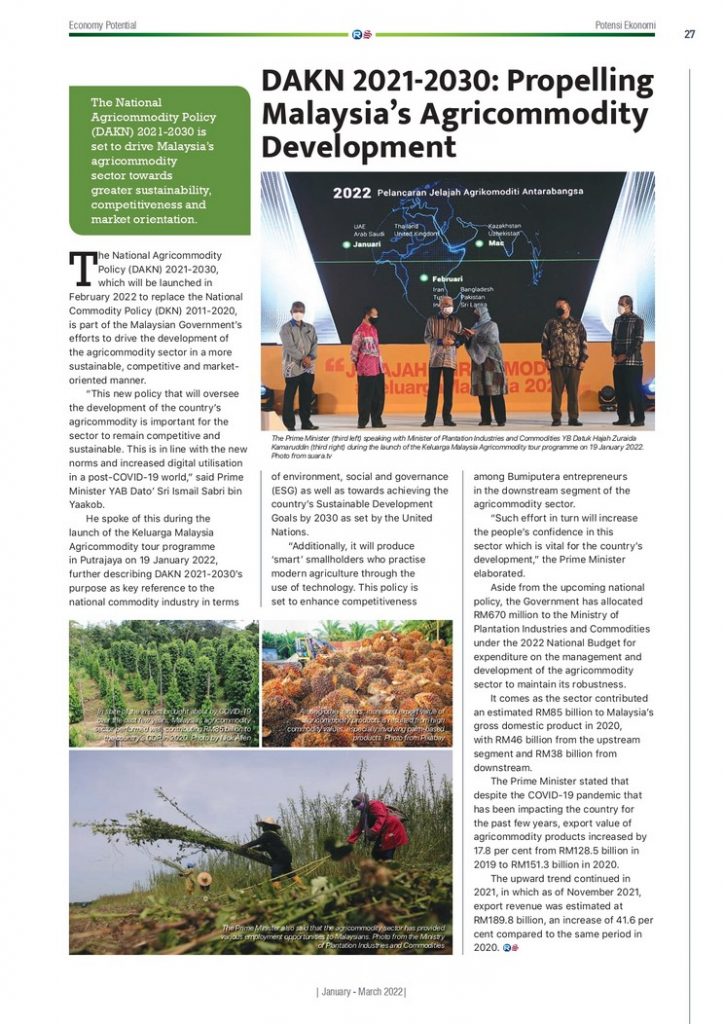– extracted and adapted from RAKAN Sarawak January-March 2022 –
The National Agricommodity Policy (DAKN) 2021-2030, which will be launched in February 2022 to replace the National Commodity Policy (DKN) 2011-2020, is part of the Malaysian Government’s efforts to drive the development of the agricommodity sector in a more sustainable, competitive and market-oriented manner.
“This new policy that will oversee the development of the country’s agricommodity is important for the sector to remain competitive and sustainable. This is in line with the new norms and increased digital utilisation in a post-COVID-19 world,” said Prime Minister YAB Dato’ Sri Ismail Sabri bin Yaakob.
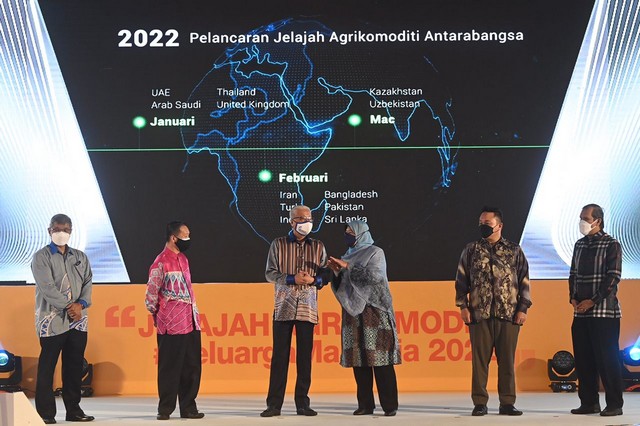
He spoke of this during the launch of the Keluarga Malaysia Agricommodity tour programme in Putrajaya on 19 January 2022, further describing DAKN 2021-2030’s purpose as key reference to the national commodity industry in terms of environment, social and governance (ESG) as well as towards achieving the country’s Sustainable Development Goals by 2030 as set by the United Nations.
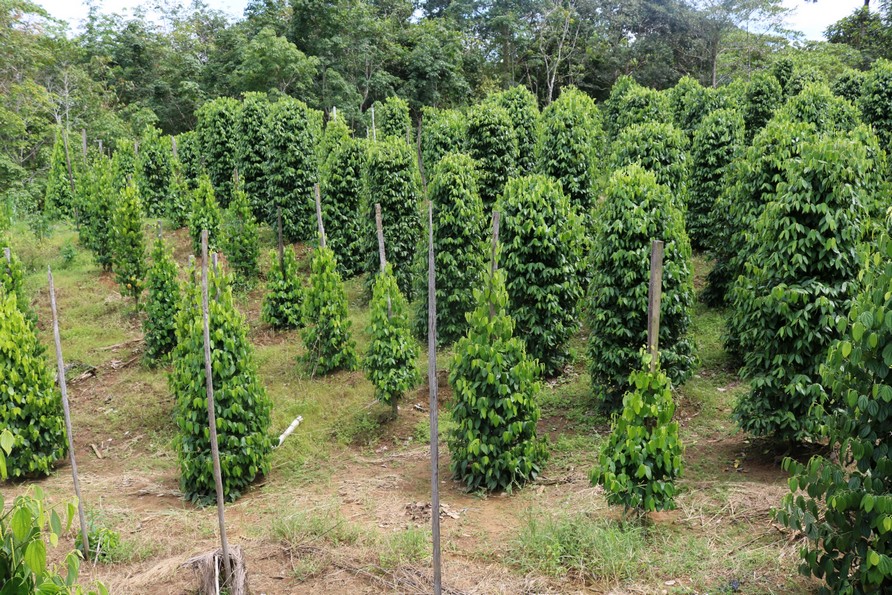
“Additionally, it will produce ‘smart’ smallholders who practise modern agriculture through the use of technology. This policy is set to enhance competitiveness among Bumiputera entrepreneurs in the downstream segment of the agricommodity sector.
“Such effort in turn will increase the people’s confidence in this sector which is vital for the country’s development,” the Prime Minister elaborated.
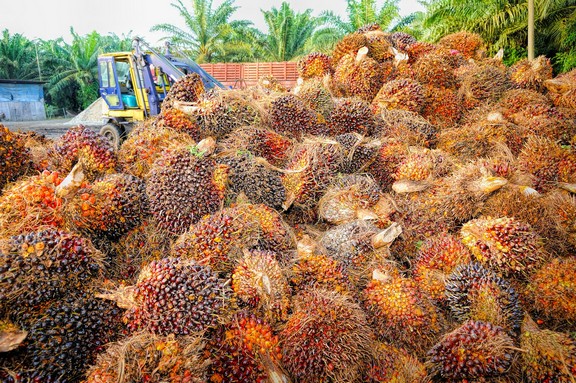
Aside from the upcoming national policy, the Government has allocated RM670 million to the Ministry of Plantation Industries and Commodities under the 2022 National Budget for expenditure on the management and development of the agricommodity sector to maintain its robustness.
It comes as the sector contributed an estimated RM85 billion to Malaysia’s gross domestic product in 2020, with RM46 billion from the upstream segment and RM38 billion from downstream.
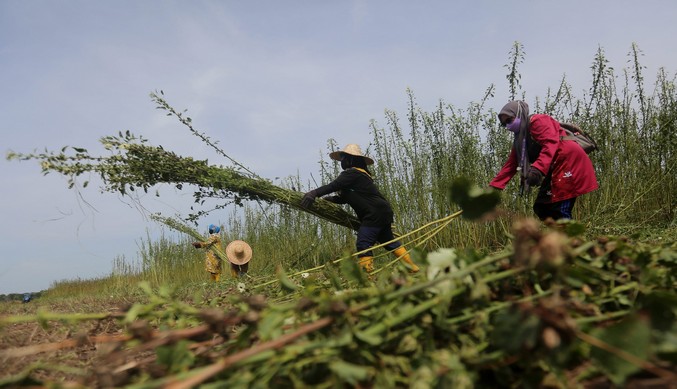
The Prime Minister stated that despite the COVID-19 pandemic that has been impacting the country for the past few years, export value of agricommodity products increased by 17.8 per cent from RM128.5 billion in 2019 to RM151.3 billion in 2020.
The upward trend continued in 2021, in which as of November 2021, export revenue was estimated at RM189.8 billion, an increase of 41.6 per cent compared to the same period in 2020.
